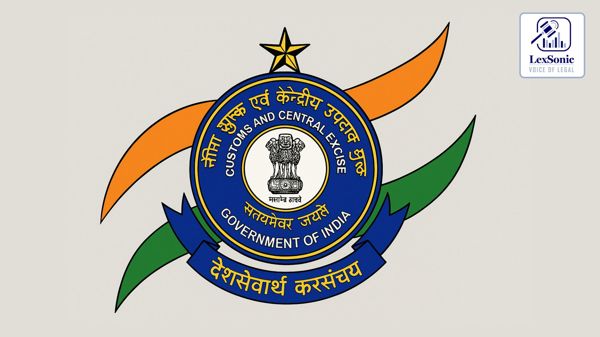CENVAT Conundrum Resolved: High Court Upholds Credit on Erroneously Taxed Goods.
19 December 2024
Central Excise >> Tax Laws
The Bombay High Court dismissed an appeal of Commissioner of CGST & Central Excise, Daman Commissionerate, Vapi v/s Huhtamaki PPL Ltd., Silvassa., filed by the Revenue under Section 35G of the Central Excise Act, 1944, concerning the denial of CENVAT credit on "Engraved Printing Cylinder" and "Copper Engraved Cylinder." These goods were exempted from excise duty under a notification, but the supplier had erroneously paid the duty. The Revenue contended that the Respondent-Assessee should not have availed of the credit.
The court upheld the Tribunal's decision, emphasizing the following key points:

Factual Findings: The Tribunal found no evidence that the supplier's payment of duty was challenged by the jurisdictional officer, validating the duty payment. The High Court noted that this factual finding, unchallenged by the Revenue, could not give rise to a substantial question of law.
Judicial Precedents: The Tribunal relied on established precedents, including decisions from various High Courts and its own previous rulings, to conclude that credit could not be denied when the duty payment was accepted as legal.
Binding Precedents: The Tribunal's reliance on the Bombay High Court's decision in Nestle India Ltd. and its own ruling in Kris Flexipacks Pvt. Ltd. was deemed appropriate, as these decisions addressed identical issues and were not shown to have been challenged further.
The High Court affirmed that if excise duty, even erroneously paid, is not disputed, the recipient of goods is entitled to avail of CENVAT credit. Consequently, the appeal was dismissed, reinforcing the principle that settled factual findings and binding precedents preclude substantial questions of law.
Section 35G, Central Excise Act - 1944
